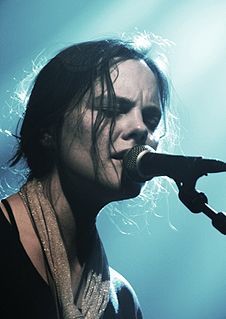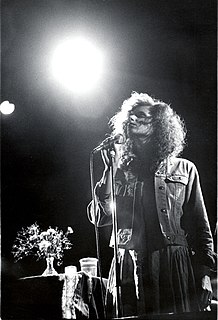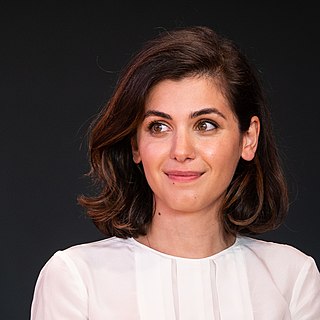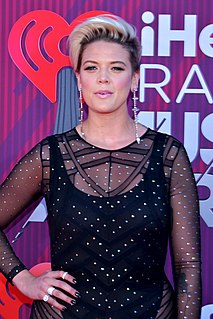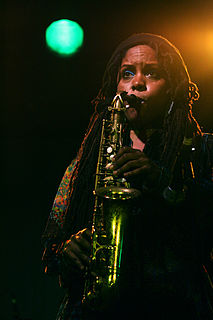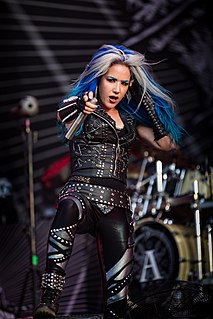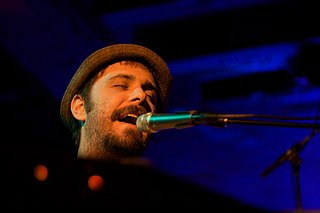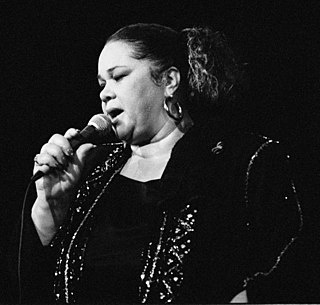A Quote by Scout Niblett
I tend to play covers when I'm gearing up for creating new song. Singing other people's songs is a way that I get inspired.
Related Quotes
Well, you know, when you're putting together a show, you've got to be careful not to load it up with the new stuff. We have to play the songs that people want to hear, too. People may come thinking, "Oh, I've just got to hear this song." Or maybe they'll write me a letter saying a certain song is really meaningful to them, so we'll be sure to play those songs.
All you gotta do is think of the song in your head. And it doesn't matter whether you can play it or not, you can get somebody to play it. With songs I've written, there's a song called "The Statue", which I can't play. There are songs that I've written that I've actually just hummed on - there's a song on one of the albums they have there on the Internet called "My Love Was True" and it's almost operatic. I can't play it. But I can sing it.
Because of things like 'The X Factor' and 'Autotune', the real art of communicating a song is not treasured any more. But singing other people's songs can be an intensely personal experience. I want the songs to be vessels that people fill with their own imagination, the same way that I fill it with my thoughts and feelings.
I've always loved doing covers. Some artists don't like covers. Some listeners don't like covers. But I love them. It gives you a new perspective production-wise. It's easier for me, if I'm starting a new record, I like to produce a few songs that aren't mine just so it frees me up not to worry about it so much.
I think every time I play, every show is different, and I think that at a certain point a song isn't about you anymore. It's about the audience, it's about how the song has worked its way into other people's lives and that kind of keeps the meaning of the song new, because you see it reflected in other people every night.
You know the one with the big ears? Wait a minute, he ain't my president, he might be yours, he ain't my president. You know that woman he had singing for him, singing my song - she's gonna get her a- whipped. The great Beyoncé But I can't stand Beyoncé. She has no business up there, singing up there on a big ol' president day singing my song that I've been singing forever.
I wrote 'Turn Your Radio On' in 1937, and it was published in 1938. At this time radio was relatively new to the rural people, especially gospel music programs. I had become alert to the necessity of creating song titles, themes, and plots, and frequently people would call me and say, 'Turn your radio on, Albert, they're singing one of your songs on such-and-such a station.' It finally dawned on me to use their quote, 'Turn your radio on,' as a theme for a religious originated song, and this was the beginning of 'Turn Your Radio On' as we know it.
